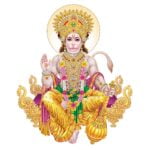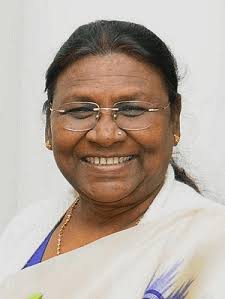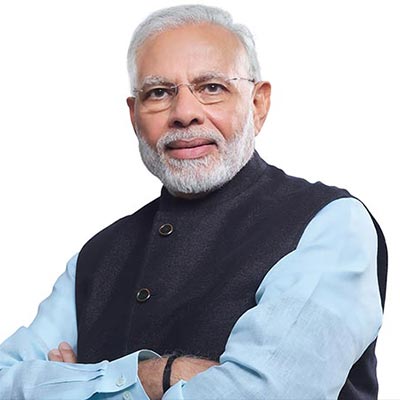Mohandas Karamchand Gandhi, or Mahatma Gandhi as he’s revered throughout the world, was more than just a leader of India’s independence movement. He was a beacon of peace, a champion of social justice, and an inspiration for freedom struggles across the globe. therefore he is the soul of Indian Independence.
Early Life and Influences (1869-1893)

The soul of Indian Independence was Born in 1869 in coastal Gujarat, India, Gandhi grew up in a devout Hindu household. His mother instilled in him the values of tolerance and ahimsa, or non-violence, principles that would become the cornerstone of his philosophy. At the age of 13, he entered into an arranged marriage with Kasturba, a union that would see his wife become a pillar of strength throughout his life.
Mahatma Gandhi’s legal studies took him to London in 1888. Despite qualifying as a barrister, his initial attempts at practicing law in India proved unsuccessful. In 1893, a life-changing opportunity took him to South Africa. There, he witnessed the harsh realities of racial discrimination faced by the Indian community. This ignited the spark of activism within him.
South Africa: Birthplace of Satyagraha (1893-1915)
South Africa became the crucible where Mahatma Gandhi forged his unique weapon for social change – Satyagraha. Satyagraha translates to “truth force” and is based on the principles of non-violent resistance and civil disobedience. Gandhi led protests against discriminatory laws, inspiring Indians to unite and fight for their rights. He endured imprisonment and violence, yet never wavered from his commitment to peaceful resistance.
Mahatma Gand Return to India and the Struggle for Independence (1915-1947)
Mahatma Gandhi Back in India in 1915, he found a nation simmering with discontent against British rule. He quickly became the leader of the Indian National Congress, mobilizing millions through nationwide campaigns of Satyagraha. The Salt March of 1930, where Gandhi led Indians on a march to the sea to make their own salt in defiance of a British tax, is a powerful symbol of his non-violent resistance.
The Indian soul of Independence wasn’t just focused on political independence. He championed social reforms, advocating for the upliftment of the downtrodden and the empowerment of women. His fight against untouchability, a rigid caste system that discriminated against a specific social group, remains a significant contribution to Indian society.
The path to freedom wasn’t smooth. There were periods of intense violence and internal disagreements within the independence movement. Gandhi, however, remained steadfast in his principles, even as India was eventually partitioned in 1 tragically in 1947.
A Legacy of Peace and Inspiration (1948-Present)
Just months after India’s independence in 1947, Gandhi was assassinated by a Hindu extremist. The world mourned the loss of a peacemaker who had redefined the idea of political struggle.
Gandhi’s legacy is immense. He showed the world that fighting oppression doesn’t require violence. His philosophy of Satyagraha continues to inspire movements for civil rights and social justice across the globe. From Martin Luther King Jr.’s fight for racial equality in the United States to Nelson Mandela’s struggle against apartheid in South Africa, the echoes of Gandhi’s non-violent resistance can be heard throughout history.
Mahatma Gandhi wasn’t just a political leader; he was a moral compass, a man who dared to challenge the status quo with nothing but truth and love as his weapons.
Beyond the Headlines: Unveiling the Man Behind the Mahatma
While the image of Gandhi in his dhoti and spectacles leading mass movements is iconic, there’s more to his story than meets the eye. Here’s a deeper look into the man behind the Mahatma:
- The Advocate for Simple Living: Gandhi’s life was a testament to simple living and high thinking. He championed self-sufficiency, spinning his own khadi cloth and adopting a vegetarian diet. This simplicity resonated with millions of Indians, becoming a symbol of self-reliance in the face of colonial exploitation.
- A Controversial Figure: Gandhi’s views on social issues like caste and religion were sometimes complex and even controversial. His approach to India’s partition in 1947 remains a subject of debate. However, his unwavering commitment to non-violence throughout his life cannot be denied.
- The Power of Personal Connection: Beyond mass movements, Gandhi believed in the power of personal connection. He spent time with ordinary people, understanding their grievances and forging strong bonds. This empathy fueled his leadership and resonated with the masses.
- A Man of Letters: Gandhi was a prolific writer, penning numerous articles and letters advocating for his ideas. His autobiography, “The Story of My Experiments with Truth,” offers a fascinating glimpse into his thoughts and motivations.
Exploring Gandhi’s Legacy in the Modern World
In today’s complex world, Gandhi’s message of non-violent resistance remains as relevant as ever. Here are some ways his legacy continues to inspire:
- Activism and Social Change: Movements like the Arab Spring and the Black Lives Matter protests show how Gandhi’s methods of non-violent resistance can be adapted to address contemporary issues.
- Conflict Resolution: The principles of Satyagraha are used in conflict resolution initiatives around the world, offering a peaceful alternative to violence and war.
- Personal Transformation: Gandhi’s emphasis on self-discipline, truthfulness, and non-violence can be a guiding light for individuals seeking personal growth and social change.
Conclusion
Mahatma Gandhi’s life and work offer a powerful message for humanity. He showed us that even the most formidable opponent can be overcome through unwavering commitment to truth and non-violence. As we navigate the challenges of the 21st century, Gandhi’s legacy serves as a reminder that the path to a better future lies in peaceful resistance and compassion for all.




